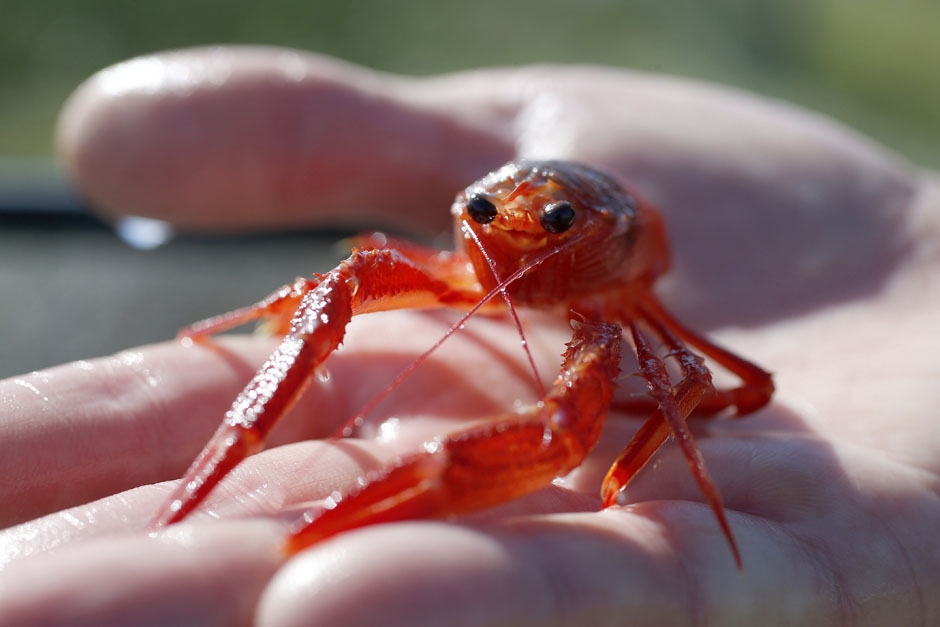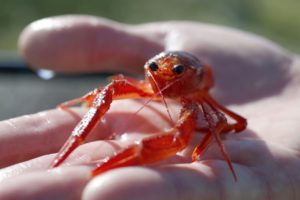
By: Shivani Gosai | Assistant Opinions Editor

The recently-discovered Amazon Coral Reef is already in danger.
The first pictures of the reef have been published by researchers from Greenpeace in an effort to document the newly discovered ecosystem before it is disrupted by major oil companies. The oil companies Total and BP, who obtained drilling rights before the discovery, are preparing to scout the area for future production. Greenpeace is fighting back.
The discovery of this reef at the mouth of the Amazon River was announced in April 2016 through an article in the Science Advances journal. The reef stretches for about 600 miles from French Guiana to Maranhão, Brazil, and is up to 400 feet deep.
In a statement to Greenpeace, Nils Asp, researcher at the Federal University of Pará, said, “This reef system is important for many reasons, including the fact that it has unique characteristics regarding use and availability of light, and physicochemical water conditions.”
It is unlikely for reefs to exist in the mouths of major rivers, making the Amazon Reef the first of its kind. Scientists predict there are 29 new species currently residing in the new marine biome. Because this unique ecosystem is in pristine condition and is home to already-vulnerable animals, the coral reef deserves to be protected. Corporate greed cannot stand in the way of protecting the environment.
“It has a huge potential for new species, and it is also important for the economic well-being of fishing communities along the Amazonian Coastal Zone,” Asp said.
Total has oil rights to drilling territory less than five miles from the reef. Researchers at Greenpeace worry that drilling disruptions or an oil spill could be disastrous for the health of the reef. The mouth of the Amazon River is home to endangered species, such as the American manatee, the yellow tortoise, pink river dolphin and the river otter, according to the International Union for Conservation of Nature (IUCN). People rely on the area as well; many local fishermen and more than 80 Quilombola communities depend on it economically, according to Greenpeace.
To make matters worse, President Donald Trump has just eliminated an anti-corruption rule that required oil companies to inform regulators when they make payments to foreign governments before mining and drilling abroad.
“We must defend the reef and the entire region at the mouth of the Amazon River basin from the corporate greed that puts profits ahead of the environment,” said Thiago Almeida, campaigner at Greenpeace Brazil, in a press release. “One of Total’s oil blocks is only eight kilometers from the reef, and environmental licensing processes are already under way.”
The Amazon Coral Reef is one of many reefs in danger, including the Great Barrier Reef in Sydney, Australia. According to the World Resources Institute, by the 2030s, 90 percent of reefs are expected to be at risk from both human activities and climate change; by 2050, all coral reefs will be in danger. Supporting the conservation and protection of these complex biomes is critical; coral reefs support more species than any other marine environment.
Although the major oil companies received drilling rights before the reef was discovered, I’m hoping they realize the potential of this rare miracle and move their production elsewhere. If an oil spill occurs in that area, it will be impossible to clean up, and it will affect the entire ecosystem of the basin of the Amazon River mouth. The reef shouldn’t even exist at all, because of the areas lack of sunshine and murky water which makes it difficult for coral reefs to grow and sustain. This natural treasure deserves to be protected and Greenpeace has already started a campaign to protect the reef.
You can sign the petition to convince Total and BP to cancel their plans to drill at https://amazonreefs.org/.




